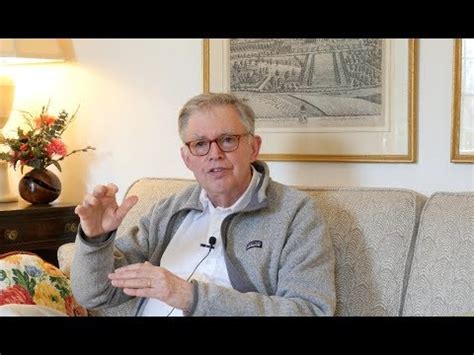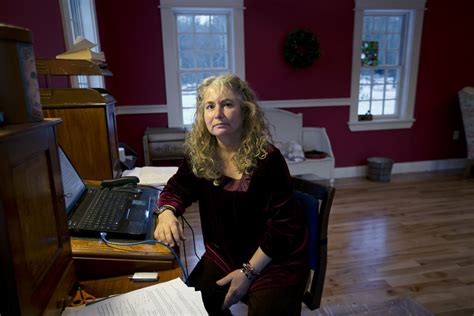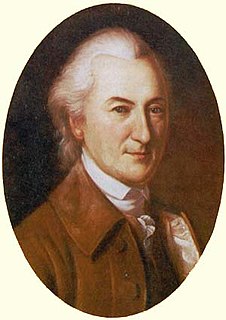A Quote by Annie Dillard
It is difficult to undo our own damage, and to recall to our presence that which we have asked to leave.
Related Quotes
It is difficult to undo our own damage, and to recall to our presence that which we have asked to leave. It is hard to desecrate a grove and change your mind. The very holy mountains are keeping mum. We doused the burning bush and cannot rekindle it; we are lighting matches in vain under every green tree.
Whenever we make changes in our surroundings, we can too easily shortchange ourselves, by cutting ourselves off from some of the sights and sounds, the shapes or textures, or other information from a place that have helped mold our understanding and are now necessary for us to thrive. Overdevelopment and urban sprawl can damage our own lives as much as they damage our cities and countryside.
Religion and anger has gone together a lot, historically. My father, being very religious and angry, was trying to reconcile the ideas of love and forgiveness with damage in his own heart. We historically create God in the image of someone who will redeem us, or someone who has damaged us. A lot of my imaginations of God was a projection of my own damage because of my father. God is good but he has a lot of expectations, of which I have failed -- just like my dad. But I don't think it's truthful to create God as a projection of either our damage or our altruism.
Are psychiatric crises so overwhelming to the mind that they inhibit the presence of ethics? Is depression at root an amoral phenomenon, its focus on the self preventing any other from really counting? Perhaps. Sometimes. Sometimes, even when we are two we are really only one; we can feel nothing but our own bones, our own difficult breaths.
You are worried about what man has done and is doing to this magical planet that God gave us. And I share your concern. What is a conservative after all but one who conserves, one who is committed to protecting and holding close the things by which we live...And we want to protect and conserve the land on which we live - our countryside, our rivers and mountains, our plains and meadows and forests. This is our patrimony. This is what we leave to our children. And our great moral responsibility is to leave it to them either as we found it or better than we found it.
Our assaults on the ecosystem are so powerful, so numerous, so finely interconnected, that although the damage they do is clear, it is very difficult to discover how it was done. By which weapon? In whose hand? Are we driving the ecosphere to destruction simply by our growing numbers? By our greedy accumulation of wealth? Or are the machines which we have built to gain this wealth-the magnificent technology that now feeds us out of neat packages, that clothes us in man-made fibers, that surrounds us with new chemical creations-at fault?


































